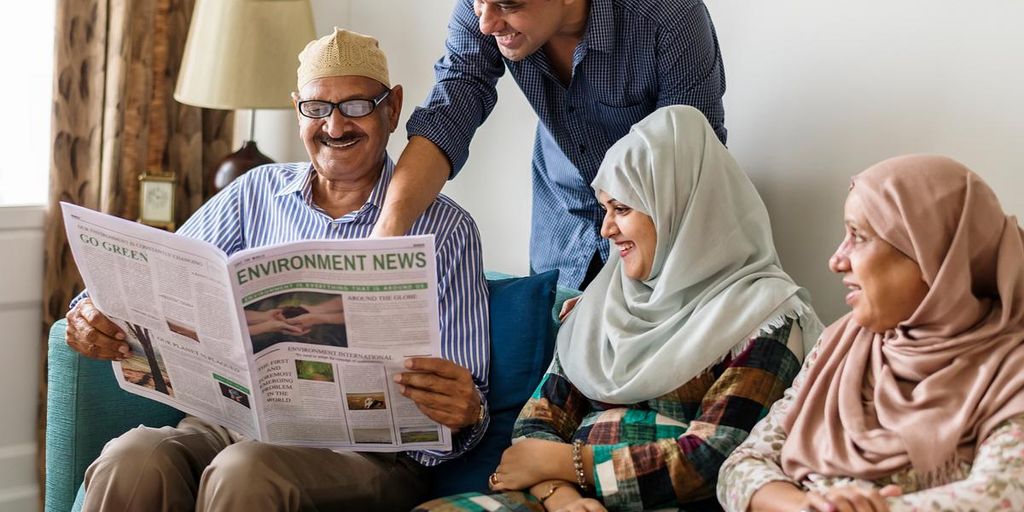
Understanding the Foundations of Peaceful Relationships

The Role of Communication
Effective communication is the cornerstone of any peaceful relationship. It involves not only speaking but also listening with empathy and without judgment. Clear and open dialogue fosters understanding and minimizes misunderstandings, making it easier to resolve conflicts amicably.
Respect and Trust: Pillars of Connection
Respect and trust are fundamental to any strong relationship. These elements must be mutual and are built over time through consistent actions and integrity. A relationship without respect and trust is like a house without a foundation—prone to collapse under any pressure.
Managing Expectations and Boundaries
Setting clear expectations and boundaries is crucial for maintaining harmony in relationships. It helps prevent resentment and misunderstandings. Discussing and agreeing on these boundaries early in the relationship can pave the way for a smoother journey together.
Navigating Conflicts with Grace

Conflict Resolution Techniques
In any relationship, conflicts are inevitable, but how we handle them can make all the difference. Mastering conflict resolution techniques is crucial for maintaining harmony. Effective strategies include active listening, clear communication, and finding common ground. Implementing these techniques ensures that both parties feel heard and valued, paving the way for a constructive resolution.
The Importance of Forgiveness
Forgiveness is not just about saying ‘I forgive you’; it’s about truly letting go of grievances. Embracing forgiveness can lead to a deeper connection and prevent bitterness from taking root. Remember, forgiveness is a choice that fosters peace and facilitates healing in relationships.
Maintaining Composure Under Pressure
When tensions rise, maintaining composure is key. Staying calm allows you to think clearly and respond appropriately, rather than reacting impulsively. Techniques such as deep breathing, pausing before responding, and reflecting on the bigger picture can help manage emotions during heated moments. This approach not only preserves the integrity of the relationship but also promotes personal growth.
Fostering Emotional Intelligence

Emotional intelligence is a cornerstone of building and maintaining strong, healthy relationships. It involves the ability to recognize, understand, and manage our own emotions, as well as to recognize and influence the emotions of others.
Recognizing and Expressing Emotions
Mastering the art of recognizing and expressing emotions allows individuals to communicate more effectively and forge deeper connections. It’s essential to be aware of both positive and negative emotions and to express them in a healthy way.
Empathy: Understanding Others’ Perspectives
Empathy is about stepping into someone else’s shoes and viewing situations from their perspective. This not only enhances personal relationships but also enriches our interactions in all areas of life.
Building Resilience in Relationships
Resilience in relationships refers to the ability to bounce back from setbacks and maintain a positive bond. It involves mutual support, flexibility, and the willingness to adapt to changes and challenges together.
Emotional intelligence is not just about handling your emotions but also about enhancing the quality of all your relationships.
Cultivating Shared Growth and Happiness

Setting and Achieving Common Goals
Achieving common goals is essential for any thriving relationship. It involves both partners actively participating in setting objectives that are meaningful and attainable. This collaborative process not only strengthens the bond but also promotes a sense of shared purpose. Consider using a structured approach like SMART goals to ensure clarity and trackability.
Celebrating Successes Together
Celebration is a key component of a healthy relationship. It’s important to take time to acknowledge both small victories and major milestones. This reinforces positive behavior and fosters a supportive atmosphere. Regular celebrations can range from simple acknowledgments to elaborate events, depending on the achievement.
Continuous Improvement and Adaptation
The only constant in life is change, and adapting to it together can make a relationship stronger. Embrace continuous improvement through open communication and regular check-ins. This ensures that both partners are aligned and can adjust their strategies to meet evolving needs and circumstances.
Conclusion
In our quest for harmony, the journey towards building peaceful relationships is both enriching and essential. It requires patience, understanding, and a commitment to growth, both individually and collectively. By embracing empathy, fostering open communication, and respecting each other’s differences, we can create a foundation for lasting peace and unity. Let us continue to strive for harmony in all our relationships, recognizing that each step forward is a step towards a more peaceful world.






